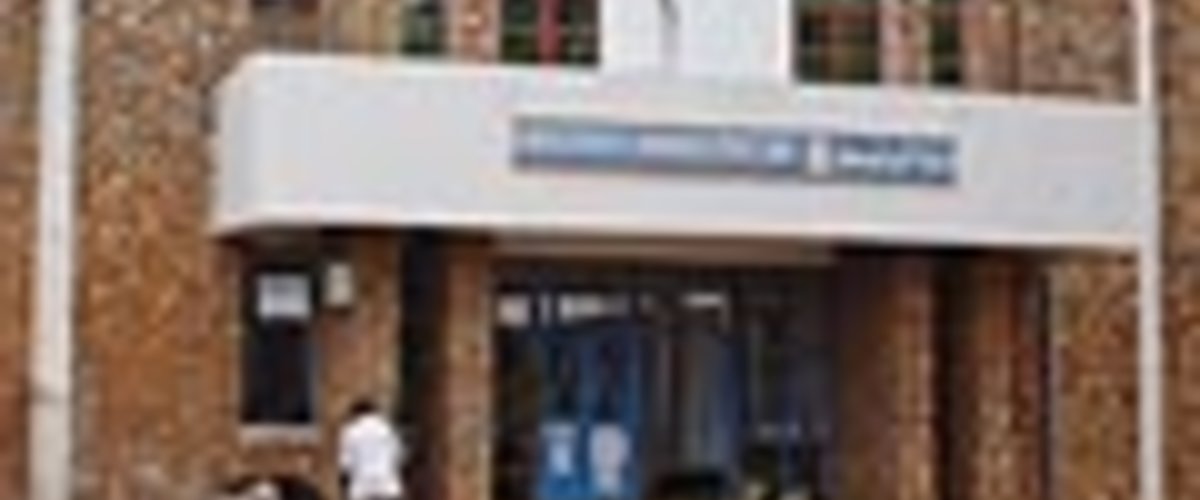Closure of UNMIS
UNMIS wound up its operations on 9 July 2011 with the completion of the interim period agreed on by the Government of Sudan and Sudan People’s Liberation Movement in the Comprehensive Peace Agreement (CPA), signed on 9 January 2005.
The mission ended its six years of mandated operations the same day South Sudan declared independence, following a CPA-provided referendum on 9 January 2011 that voted overwhelmingly in favour of secession.
In support of the new nation, the Security Council established a successor mission to UNMIS – the UN Mission in South Sudan (UNMISS) – on 9 July for an initial period of one year, with the intention to renew for further periods as required.
29 Mar
2011
With Southern Sudan soon becoming a new state, universities that fled to the north during the country's long-running civil war have been returning home.
"We have relocated at least 90 per cent of our universities (and) we have brought most of our students and staff," said Ministry of Higher Education, Research, Science and Technology Undersecretary Mou Mou Athian Kuol.
Three southern universities -- Juba University, Bahr-Al-Gazal University and Upper Nile University -- moved to Khartoum during the 21-year conflict, where they educated displaced southerners as well as northerners.
Once peace was restored with the 2005 Comprehensive Peace Agreement (CPA), people and institutions began returning south, although some needing special facilities delayed relocating to the war-ravaged region.
"Some colleges remained (longer) in the north due to logistical difficulties like laboratories, workshops and libraries," said Undersecretary Kuol, adding that these were mainly science and law colleges.
Those and other challenges remain for colleges now moving south ahead of southern independence. They are also faced with a lack of financial resources, classrooms and accommodation as well as limited teaching staff.
About 25,000 students are estimated to have registered in the south for the 2011/12 academic year, including over 3,000 students who have come from the north.
University buildings are already insufficient for existing staff and students, let alone additional people from the north, according to university officials. "Space for the University of Juba has been the biggest challenge to date," said its vice-chancellor, Aggrey L. Abate, adding that this included land to rent or buy.
Another challenge is finding qualified teaching staff, as many lecturers remained in the north and qualified personnel are lacking in the south.
"Over 75 per cent of teachers in southern universities based in Khartoum were northerners, most of whom may not want to come to the south," said Undersecretary Kuol. "As an alternative, we may look into recruiting lecturers from regional countries to fill the gap."
Meeting budget needs of universities presents another problem, as they were previously funded by the national government. When the south becomes officially independent on 9 July this year, the Government of Southern Sudan will take over that responsibility.
Arabic to English
Besides logistical and financial constraints, some students will face academic and career obstacles with the change in instruction language from Arabic in the north to English in the south.
"It is not easy to understand lessons in English for me, but I will take English courses to cope with the situation," said Cecilia Agustino, a fourth year banking and finance student, who arrived in Juba from Khartoum in November 2010.
Students who have just graduated in the north will also encounter language problems. "I must learn English so that I can work in offices in the south," said banking and finance graduate Karbino Orlando Oboy.
Undersecretary Kuol said that intensive language courses would be provided for students and graduates coming from the north, either domestically or abroad. "We can do it here in Southern Sudan or we can make arrangements in some regional countries like Ethiopia ... Uganda ... or Kenya. But we prefer doing it here in Southern Sudan as much as possible."
To meet budget needs, his ministry was soliciting funding from public and private sources for the second half of 2011, and trying to expand the existing five public universities so they could accommodate more students, the undersecretary said. It would also be seeking personal, technical, material and financial assistance from the international community.
According to Mr. Kuol, higher education is vital for the new nation. "This is a country that was damaged by war and we had no studies for the last 22 years. We have an enormous problem of manpower."
 UN
UN United Nations Peacekeeping
United Nations Peacekeeping





